Acne is one of the most common skin conditions affecting people of all ages, and Dubai is no exception. The combination of high temperatures, humidity, and pollution, as well as fast-pace urban lifestyles, can contribute to skin concerns like acne. Whether you are dealing with mild breakouts or more severe cystic acne, it’s crucial to know your options for effective treatment. In this guide, we will explore some of the best acne treatments in Dubai (علاج حب الشباب في دبي,) ranging from topical treatments to advance dermatological procedures.
Understanding Acne What Causes It?
Before we dive into the best acne treatments in Dubai, it’s important to understand the root causes of acne. Acne typically occurs when hair follicles or pores become clogge with oil, dead skin cells, and sometimes bacteria. This creates an environment where pimples, blackheads, whiteheads, and cysts can form.
There are several factors that can contribute to acne:
- Hormonal Changes: During puberty, menstruation, pregnancy, or hormonal imbalances, the body produces more oil, which can clog pores and lead to breakouts.
- Excess Oil Production: The sebaceous glands in the skin produce excess oil, which can lead to clogged pores.
- Bacteria: The bacterium Propionibacterium acnes can contribute to the inflammation and infection associate with acne.
- Diet: Some studies suggest that high-glycemic foods and dairy products may trigger or worsen acne in some individuals.
- Stress: Increase stress levels can trigger the release of cortisol, a hormone that increases oil production in the skin.
In Dubai’s hot and humid climate, these factors may be exacerbate, making it crucial to find a treatment that works for your specific skin type and acne severity.
Best Acne Treatments Available in Dubai
Topical Treatments:
The most common form of acne treatment, topical treatments include creams, gels, and lotions that are applie directly to the skin. These products often contain active ingredients that target the underlying causes of acne, such as excess oil production, clogge pores, or bacterial growth.
Retinoids:
Retinoids, which are derive from Vitamin A, are widely use in the treatment of acne. They help prevent the formation of new pimples by unclogging pores and reducing inflammation. Popular over-the-counter options include tretinoin, adapalene, and retinaldehyde.
Benzoyl Peroxide:
Benzoyl peroxide is one of the most effective ingredients for treating acne. It works by killing acne-causing bacteria and reducing inflammation. Many over-the-counter cleansers and gels contain benzoyl peroxide and are designe to target acne-causing bacteria on the skin’s surface.
Salicylic Acid:
Salicylic acid is a beta-hydroxy acid (BHA) that exfoliates the skin and clears pores. It is particularly useful for treating blackheads and whiteheads, as it can penetrate deep into the pores and dissolve the debris causing blockages.
Oral Medications:
In more severe cases of acne, topical treatments may not be enough to clear the skin. Oral medications may be recommende to help manage acne from the inside out.
Antibiotics:
Oral antibiotics such as doxycycline, tetracycline, and minocycline are commonly prescribe for acne. They help to reduce inflammation and control the bacteria that contribute to acne outbreaks. However, these medications are typically used for a short period to prevent antibiotic resistance.
Oral Contraceptives:
For women, birth control pills containing estrogen and progesterone can be effective in managing acne by regulating hormones that cause excess oil production. Certain brands of birth control pills, such as Yaz or Diane-35, are often prescribe for acne control.
Isotretinoin (Accutane):
For severe acne that doesn’t respond to other treatments, isotretinoin (commonly known as Accutane) is a potent oral medication that can reduce the size of oil glands and decrease oil production. While effective, isotretinoin comes with a range of potential side effects and requires careful medical supervision.
Blue Light Therapy:
Blue light therapy uses specific wavelengths of light to kill Propionibacterium acnes bacteria. This type of treatment is typically use for mild to moderate acne. Blue light therapy is non-invasive and can be use in conjunction with other acne treatments for better results.
Pulsed Dye Laser (PDL):
The Pulse Dye Laser is effective for treating redness and inflammation associate with acne. It targets blood vessels under the skin, helping to reduce swelling and redness, which can improve the appearance of acne lesions.
Chemical Peels:
Chemical peels involve the application of a chemical solution to the skin, which exfoliates the outer layers of skin, removing dead skin cells and preventing clogge pores. The most common acids use in chemical peels for acne treatment include salicylic acid, glycolic acid, and lactic acid.
Chemical peels can be an effective way to treat both active acne and acne scars, particularly for individuals with oily or acne-prone skin.
Microdermabrasion:
Microdermabrasion is a non-invasive procedure that exfoliates the skin by using fine crystals or a diamond-tippe wand to remove the outer layer of dead skin cells. This treatment is ideal for individuals who have acne scars and clogge pores. It can help improve skin texture and tone over time.
Platelet-Rich Plasma (PRP) Therapy:
PRP therapy is an innovative treatment for acne scars and active breakouts. During this procedure, a small sample of the patient’s blood is taken and processe to extract platelets, which are then injected into the skin to stimulate healing and collagen production. PRP therapy is particularly effective for treating acne scars, and it promotes skin regeneration.
Choosing the Best Acne Treatment in Dubai:
The best acne treatment for you will depend on your skin type, the severity of your acne, and your medical history. It’s important to consult with a qualified dermatologist who can recommend a treatment plan tailored to your needs. In Dubai, there are many world-class clinics offering cutting-edge acne treatments that can address everything from mild breakouts to severe cystic acne and scarring.
Frequently Asked Questions (FAQs)
What is the best acne treatment for oily skin?
For oily skin, treatments like salicylic acid (a BHA), benzoyl peroxide, and retinoids are highly effective in controlling oil production and preventing clogged pores.
How long does it take to see results with acne treatment?
The timeline for seeing results depends on the severity of your acne and the treatment used. Generally, you may begin to notice improvements within 4-6 weeks, though it may take 8-12 weeks for full results to be visible.
Are laser treatments safe for acne?
Laser treatments are generally safe and effective for treating acne, especially when performed by experienced professionals. However, there may be some redness or irritation post-treatment, which typically subsides within a few days.
Can acne treatments cause scarring?
Most acne treatments, when administered correctly, do not cause scarring. In fact, many treatments like laser therapy, chemical peels, and PRP can help reduce acne scars over time.
Can I treat acne without medications?
Yes, certain lifestyle changes such as a proper skincare routine, avoiding triggers like greasy foods, managing stress, and using non-comedogenic products can help control mild acne. However, more severe cases often require medical treatment for effective control.
How do I prevent acne from coming back?
To prevent acne from recurring, maintain a consistent skincare routine, avoid touching your face, and be mindful of triggers like stress, diet, and hormonal fluctuations. Regular follow-up treatments with your dermatologist can also help.
Conclusion:
The best acne treatment in Dubai will depend on your individual needs, the severity of your acne, and the type of skin you have. From topical creams and oral medications to advanced laser therapies and chemical peels, there are a variety of options available to help you achieve clearer, healthier skin. Always consult with a trusted dermatologist in Dubai to determine the most effective treatment plan tailored to your unique needs. With the right approach, you can confidently manage acne and enjoy long-term skin health.




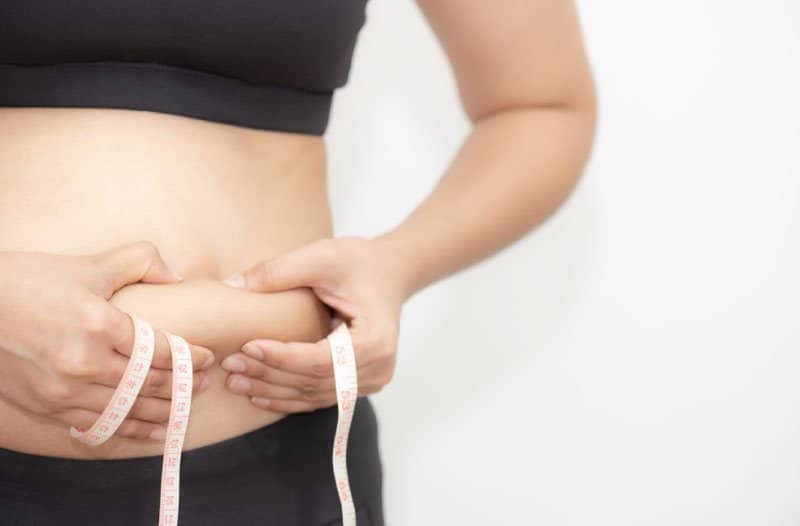
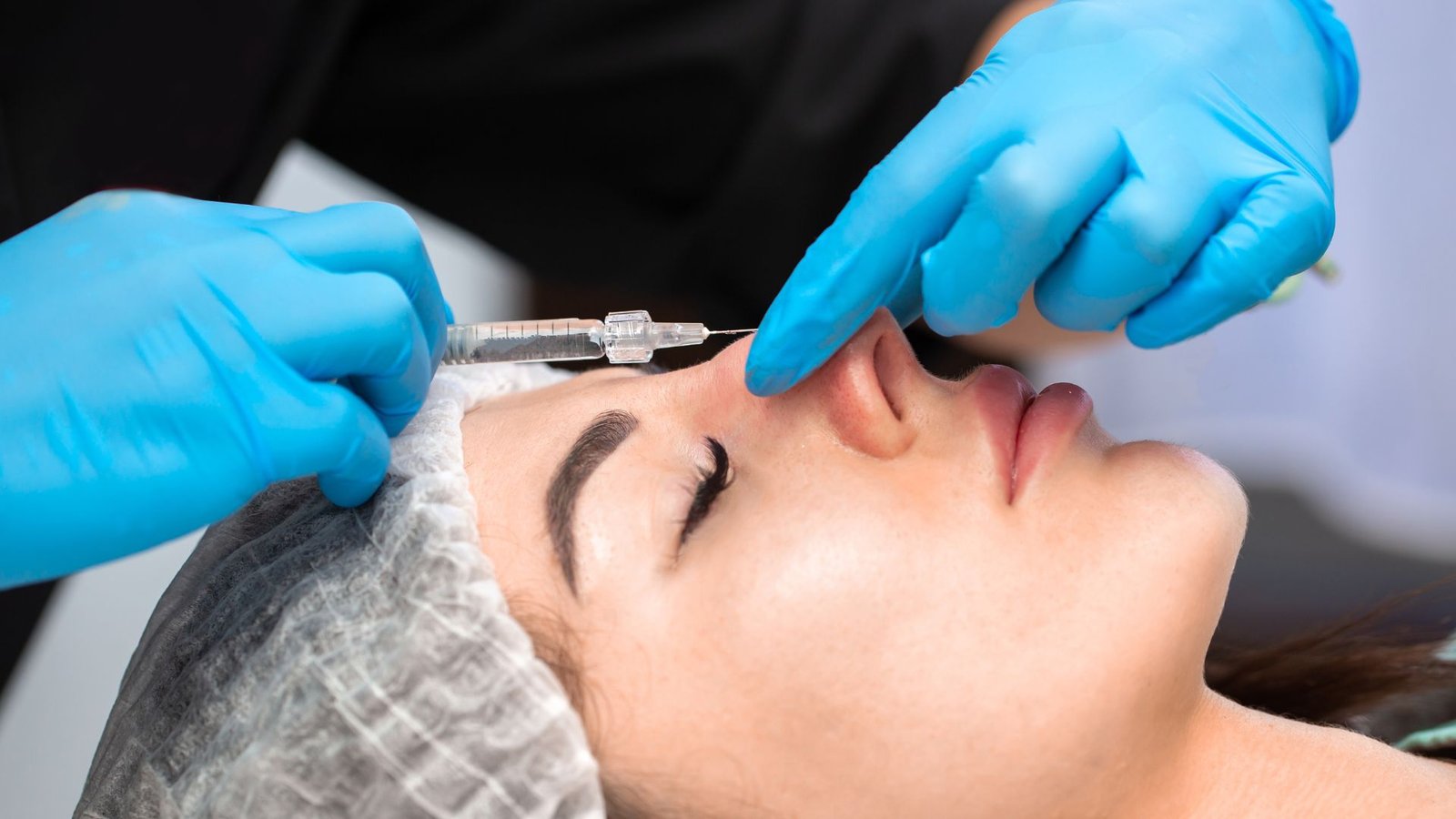
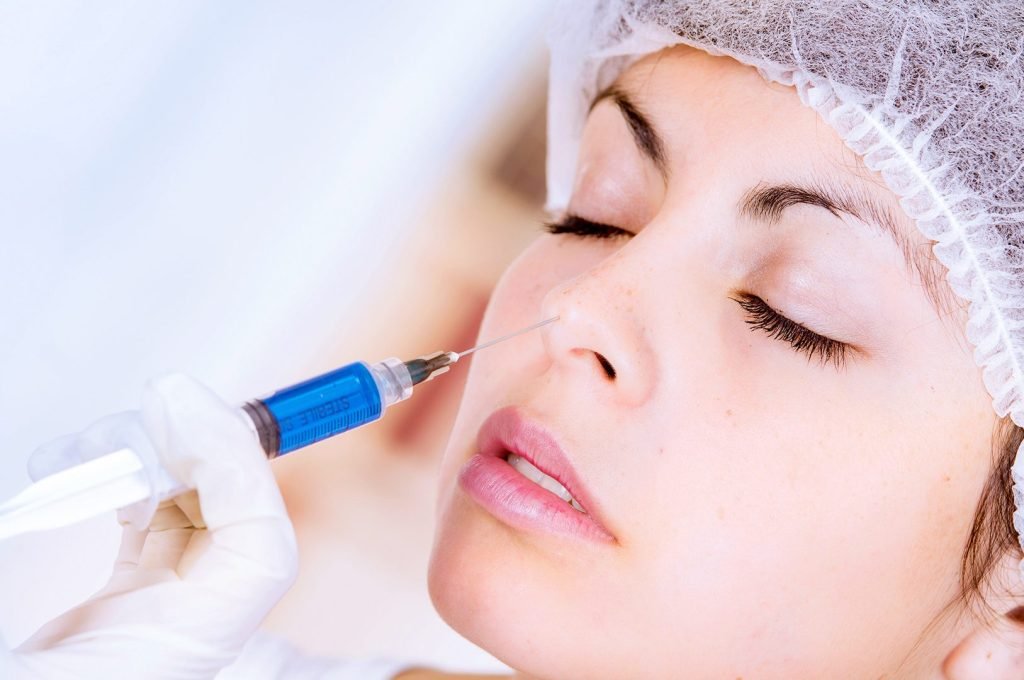
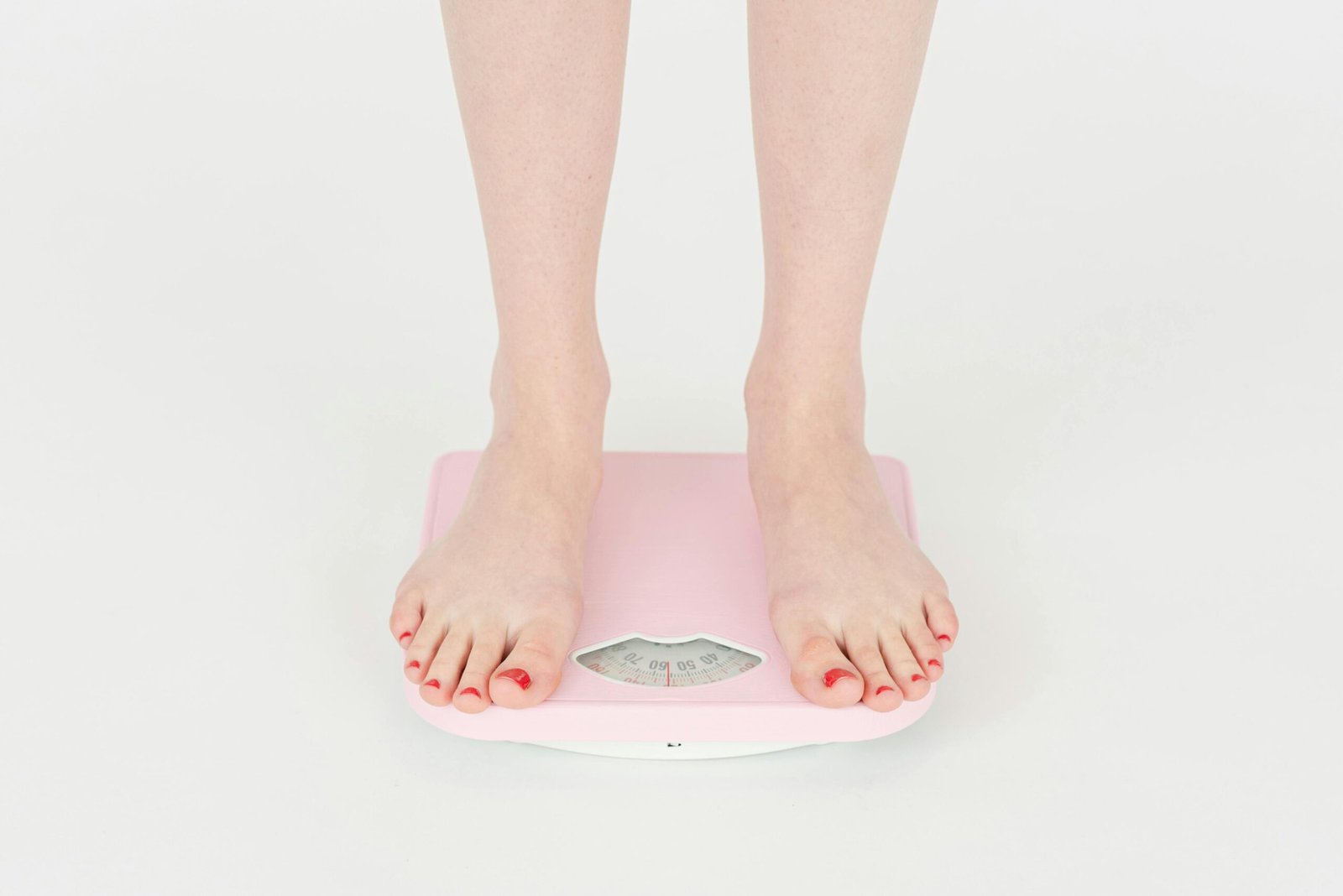
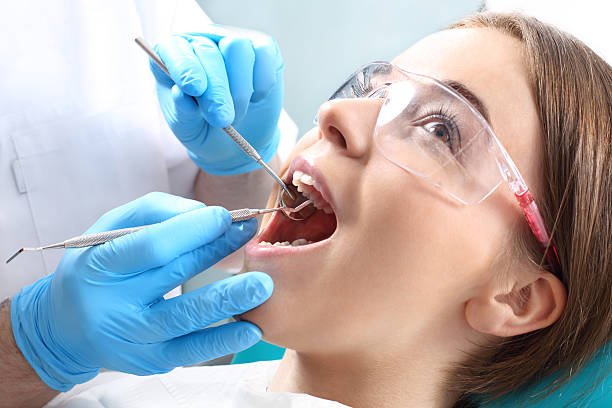
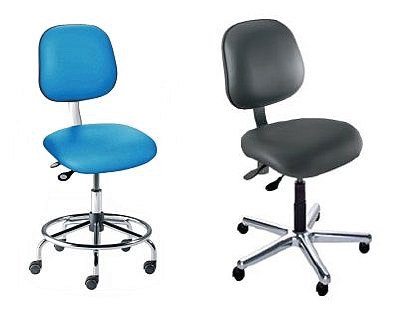
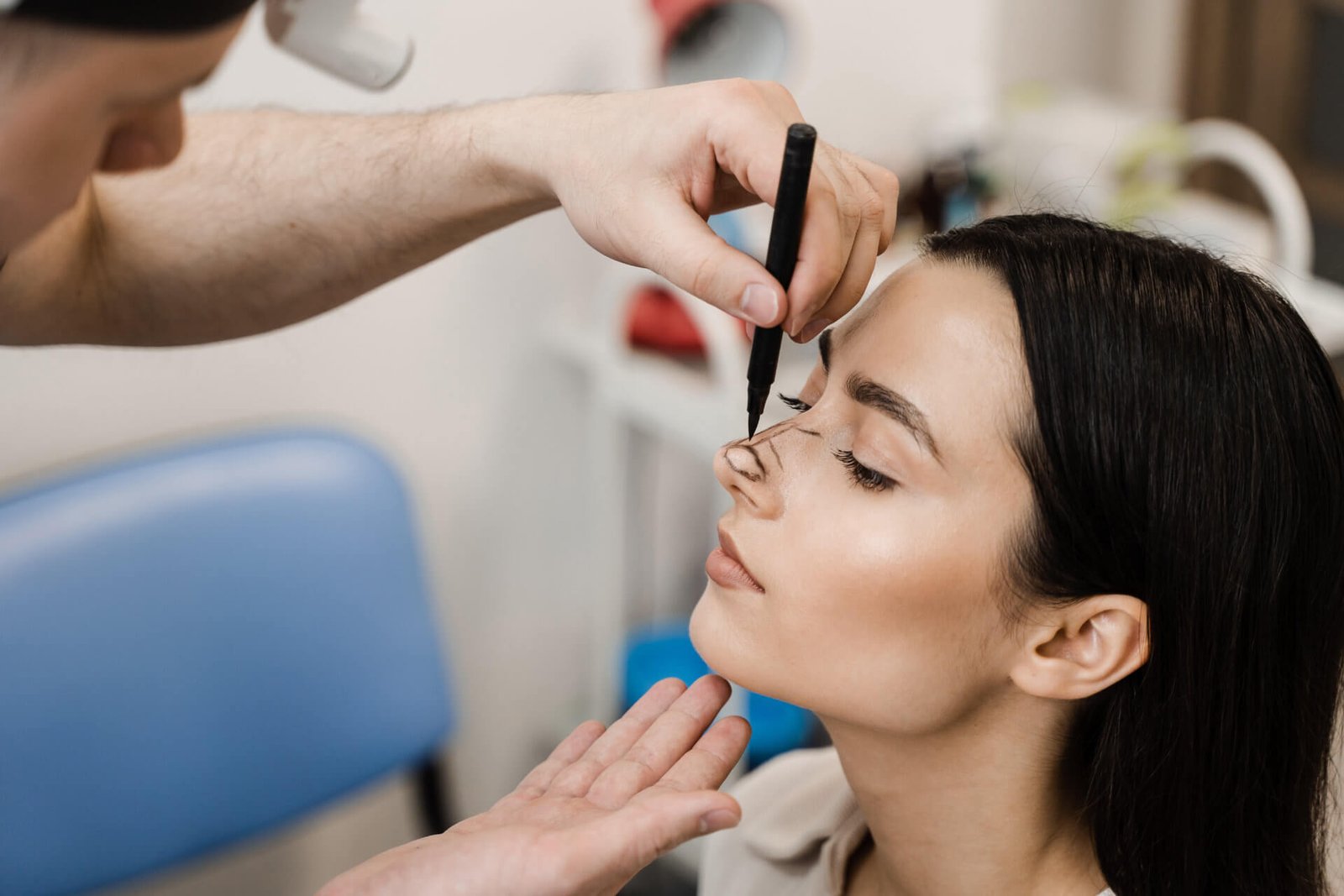
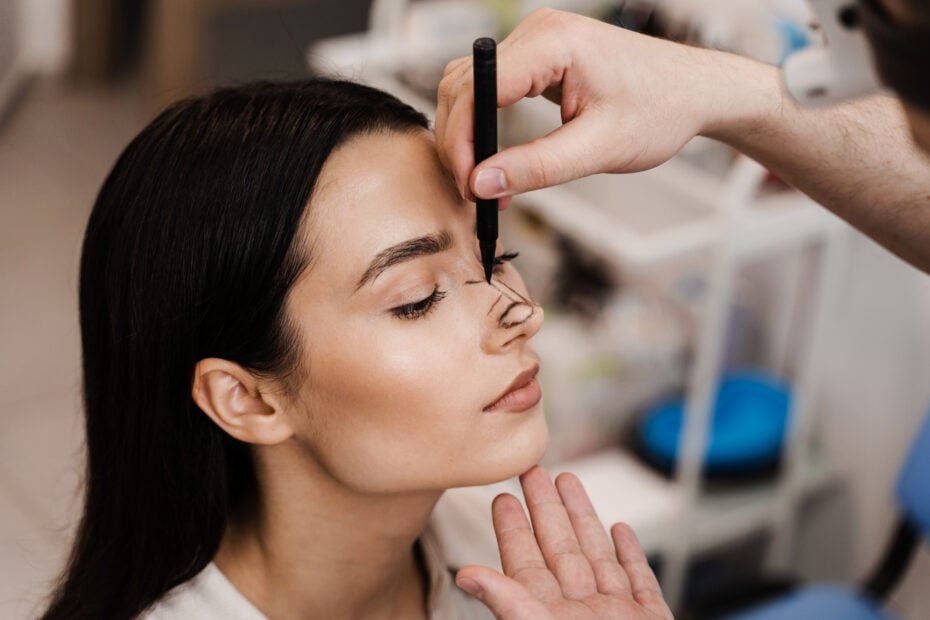



Leave a Reply